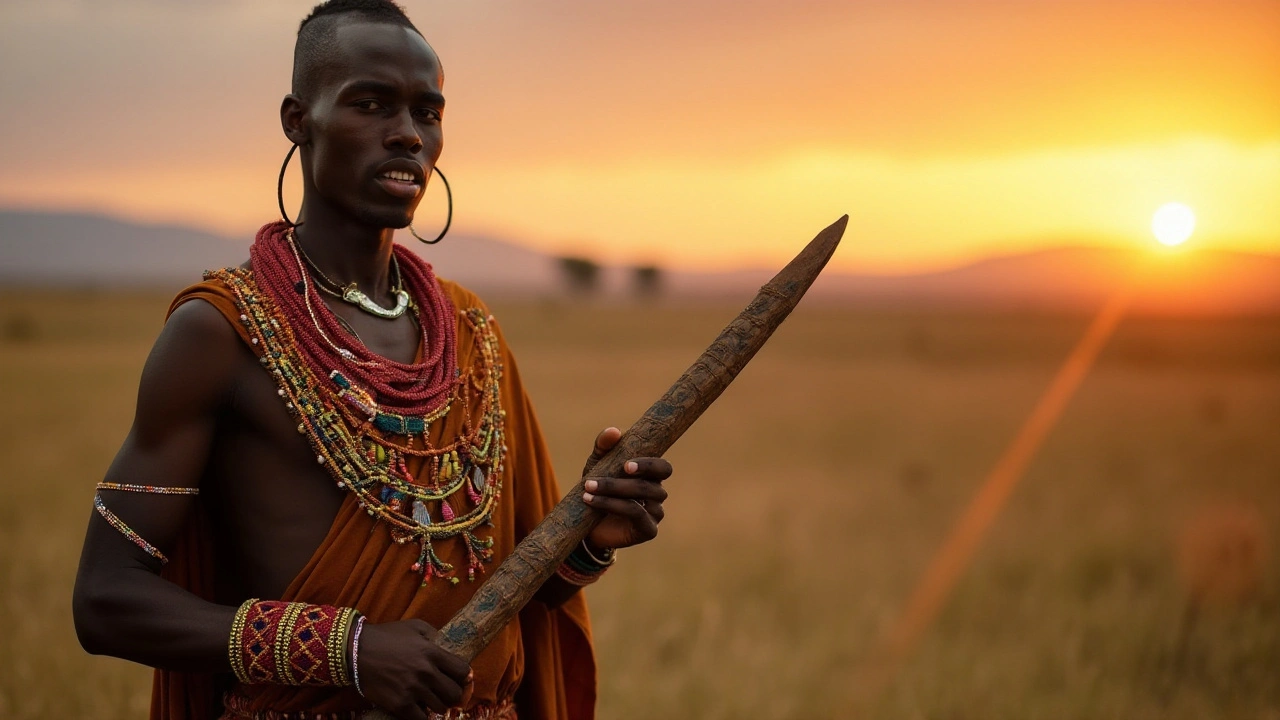Cultural Significance of Massage: Understanding Its Deep Roots
Massage isn't just about relaxation or pain relief; it's a practice deeply woven into many cultures around the globe. Each tradition carries unique techniques and beliefs that highlight massage’s role beyond physical touch. When you understand where these methods come from, you connect with more than just feeling good—you tap into history, healing, and sometimes even spirituality.
Take Ayurvedic massage from India, for example. It’s not just about muscle work; it’s a way to balance your whole body based on ancient wisdom. Special oils, flowing strokes, and mindful application come together to promote mental calmness and physical health. This technique reflects the deep cultural idea that health isn’t just the absence of illness but a balanced life energy.
From Traditional Healing to Modern Wellness Practices
Other cultures also use massage with a mix of respect and purpose. Hawaiian Lomi Lomi massage feels almost like a dance, with long, flowing movements reflecting the island’s spiritual connection to nature and harmony. In Creole Bamboo massage, you find a fusion of cultural heritage and modern healing, combining rhythmic pressure with natural tools to ease the body deeply and uniquely.
These massages go beyond mechanics. They carry stories and meanings that have survived generations. When you get such a massage, you’re experiencing a tradition passed down to heal, comfort, and connect people. Whether it’s the touch that unlocks tension or the ritual that calms the mind, cultural significance is clear—it’s about care that carries a bigger purpose.
Why Cultural Massage Matters Today
So, why does it matter to know about the cultural background? For one, it helps you appreciate massage as more than a luxury. Knowing the history and intent behind a massage type can make your experience richer and more effective. Plus, it guides you in choosing the right therapy that fits your needs and respects those traditions.
Also, many traditional massages offer benefits modern science supports: improved circulation, stress relief, and better movement. But it’s their cultural story that adds layers to their appeal and impact. When you respect the roots and purpose, your healing journey feels more connected and meaningful.
If you’re looking to explore massage beyond the usual, dipping into these culturally rich styles offers a chance to discover new ways to relax, heal, and regain balance — all the while honoring traditions that cared for people long before modern wellness trends.
The rungu, a traditional African club, holds deep cultural and ritual significance within various African societies. Traditionally used by the Maasai as a symbol of warrior status and protection, the rungu also serves various ceremonial purposes, from blessings to martial displays. Its carvings and craftsmanship often symbolize cultural beliefs and heritage, playing a crucial role in rites of passage and community rituals. Delving into the rungu's multifaceted role offers insight into the blending of practical use and spiritual meaning in African cultures.


 Health and Wellness
Health and Wellness